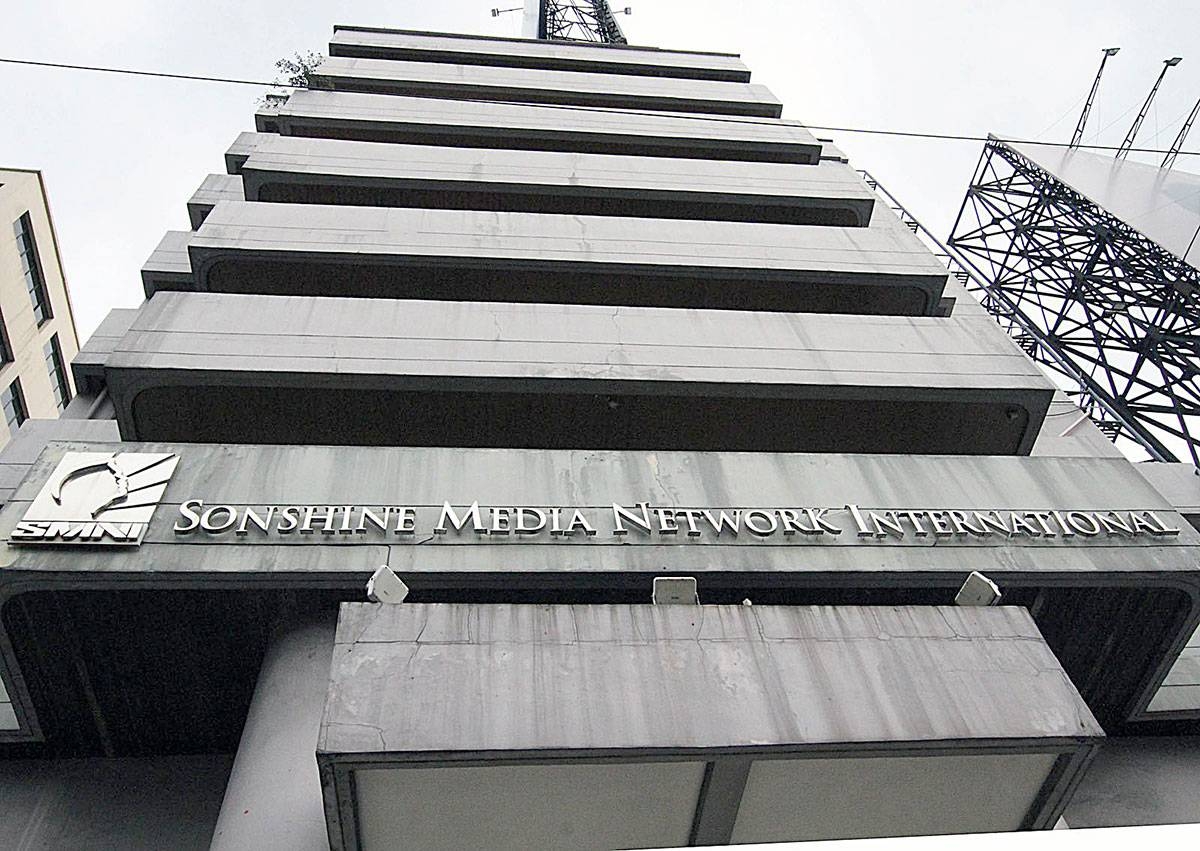SONSHINE Media Network International (SMNI) has taken legal action by filing a petition before the Court of Appeals (CA) to seek a halt to the 30-day suspension order imposed by the National Telecommunications Commission (NTC). The suspension order, issued on December 21, was based on alleged violations of SMNI’s franchise terms.
SMNI, the broadcast media arm of the Kingdom of Jesus Christ (KJC) led by Pastor Apollo Quiboloy, argues in its petition for a temporary restraining order that the NTC’s actions are in violation of the constitution. They claim that the suspension was ordered solely based on a resolution from the House of Representatives, without proper consideration of due process.
The NTC’s suspension order was a result of House Resolution 1499, which accused SMNI of violating provisions in its franchise, particularly Section 4. This section prohibits the network from using its facilities to disseminate false information. The allegations stemmed from statements made by SMNI hosts Lorraine Badoy and Jeffrey Celiz, who claimed that Speaker Martin Romualdez had spent P1.8 billion on foreign travel between January and October of the same year.
In addition to the suspension order, SMNI was also issued a show cause order, requiring them to explain why they should not face administrative sanctions. SMNI’s legal counsel, Rolex Suplico, argues that the suspension violates the principles of due process and the separation of powers between the executive and legislative branches.
Suplico highlights the fact that the NTC seemingly “surrendered” its quasi-judicial powers to the House, as the suspension order was issued before SMNI had a chance to respond to the complaint. This, according to Suplico, is a grave violation of the Constitution and an abuse of power by the NTC.
The petition filed by SMNI seeks a temporary restraining order from the Court of Appeals, which would effectively halt the 30-day suspension order until the legal proceedings are concluded. By taking this legal action, SMNI aims to protect its right to due process and challenge the NTC’s actions, which they believe to be unconstitutional.
It is important to note that the outcome of this case will have significant implications not only for SMNI but also for the broader media landscape in the Philippines. The case raises questions about the balance of power between regulatory bodies, such as the NTC, and the media, as well as the importance of upholding constitutional rights and due process in such matters.
As the legal battle unfolds, it remains to be seen how the Court of Appeals will interpret the arguments presented by SMNI and the NTC. The outcome of this case will undoubtedly shape future interactions between media organizations and regulatory bodies, setting a precedent for the protection of constitutional rights and due process in the Philippine media industry.
In conclusion, SMNI’s filing of a petition before the Court of Appeals to halt the suspension order imposed by the NTC reflects their commitment to defending their constitutional rights and challenging what they perceive as an abuse of power. This case serves as a reminder of the importance of upholding due process and the separation of powers in the Philippines’ media landscape. The outcome of this legal battle will have far-reaching implications for media organizations and regulatory bodies alike.







